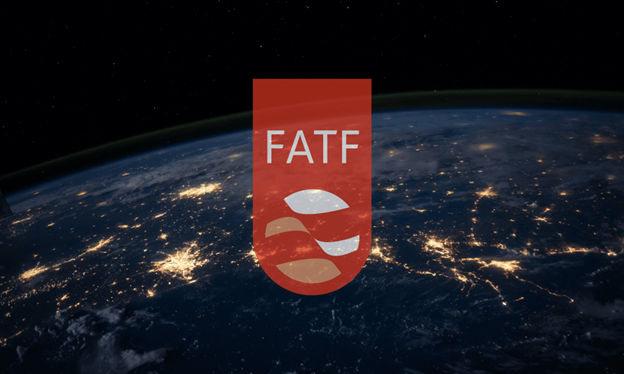
What does the FATF do?
The Financial Action Task Force (FATF) is an intergovernmental body that sets international standards and leads global action to tackle money laundering, terrorist financing, and proliferation financing. The FATF researches how money is laundered and terrorism is funded, promotes global standards to mitigate the risks, and assesses whether countries are taking effective action.
Established in 1989 by the G7, the FATF comprises 40 member countries and nine FATF-style regional bodies, working collaboratively to strengthen the global financial system.
To ensure consistent progress, the FATF periodically assesses member countries' implementation of its 40 Recommendations and the effectiveness of anti-money laundering (AML), countering the financing of terrorism (CFT), and countering proliferation financing (CPF) measures. These assessments, known as "mutual evaluations" or "peer reviews," are conducted using a revised methodology updated in 2024 to enhance their precision and relevance.
FATF member countries:
.png)
FATF-style regional bodies (FSRBs):
The nine FATF-Style Regional Bodies (FSRBs) are independent organizations that support over 200 jurisdictions worldwide in strengthening and developing AML/CFT/CPF systems in line with the FATF Recommendations.
Mongolia became a member of the Asia/Pacific Group on Money Laundering (APG) in 2004, demonstrating its commitment to combating financial crimes in the region.

List of countries with AML/CFT/CPF strategic deficiencies:
The FATF identifies jurisdictions with weak measures to combat money laundering and terrorist financing in two FATF public documents that are issued three times a year. Click here for details.
